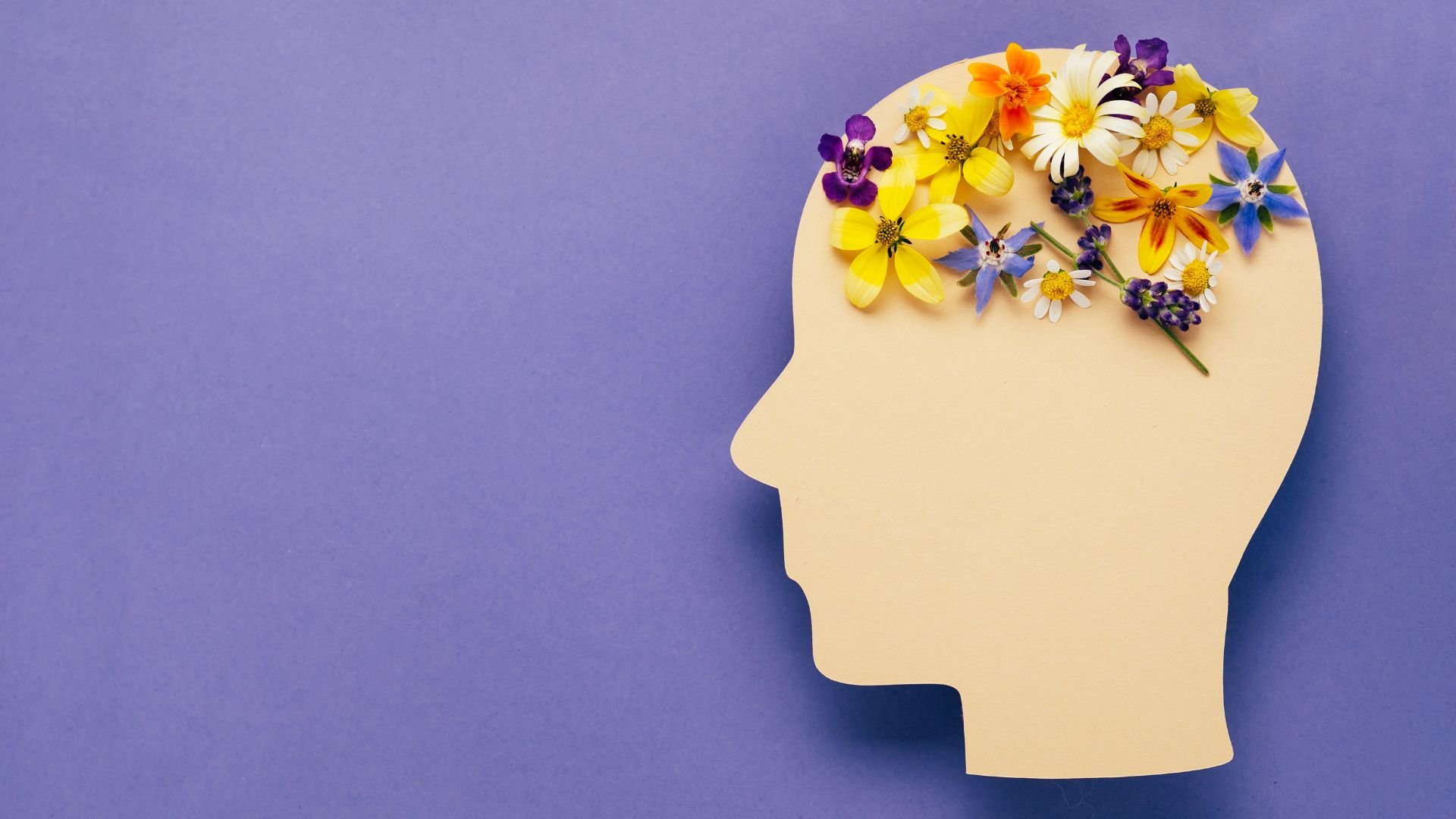More of us than ever are now aware of the importance of taking care of our mental wellbeing. Whilst there was once a stigma surrounding mental health, thankfully, now we are more mindful of what it means and the value of being much more open about our mental wellness. In order to support this, Mental Health Awareness Week aims to look at what can affect our mental health, and what we can do to support and manage it.
This year, Mental Health Awareness Week will take place between 13th May and 19th May 2024[i] and there are plenty of ways in which everyone can get involved, whether you are at home, work or school. So, what can you do to be a part of this revolution? Read on to find out more!
What is Mental Health Awareness Week?
Mental Health Awareness Week is a national week in the UK which aims to raise awareness of mental wellness, the difficulties that we might experience in relation to it and ways in which we can promote positive mental wellbeing. It is a chance for everyone to get involved and learn more about how to help tackle many of the issues that it raises.
Who started Mental Health Awareness Week?
Mental Health Awareness Week was founded by the Mental Health Foundation back in 2001[ii]. It started off by focusing on friendship and has since grown to become a nationally recognised campaign that has become pivotal in starting conversations surrounding mental wellness. It has teamed up with many different organisations over the years and now looks at methods of prevention as well as how to deal with issues relating to mental wellbeing.
What is the theme for Mental Health Awareness Week 2024?
This year, the theme for Mental Health Awareness Week is “Movement: Moving more for our mental health”[iii]. It is well known that movement and exercise can have a huge impact in the way we feel mentally, and so for 2024, the campaign is looking at ways in which we can work exercise into our daily routines, especially when so many of us lead such busy lives. Striking the balance between work, family life and our friends can seem challenging at the best of times, so adding regular exercise into the mix can often seem like an impossible task.
However, it might not be as difficult as you think, and believe it or not, it could even be fun too! Here are just a few ideas to get you moving:
Walk around your neighbourhood for 15 minutes in your lunchbreak
Kitchen disco! Dance round the kitchen to your favourite track
Stand on one leg whilst you clean your teeth
Practice some chair exercises whilst watching television
Skip on the spot while you wait for the microwave to ping
There are lots of ways to incorporate movement into the things that you already do during the day -it’s all about finding something that works for you.
How does movement help with mental wellness issues?
Movement is the theme of this year’s Mental Health Awareness Week for a very good reason. This is because exercise has been found to be helpful in reducing anxiety, depression and negative mood by helping to improve our self-esteem and give our cognitive functions a boost.[iv] By just doing 10 minutes of physical activity each day, such as a brisk walk, we can start to improve how we feel.[v]
What to do for Mental Health Awareness Week at work?
Of course, the more people who know about Mental Health Awareness Week, the more people that will benefit from it. Which is why it is so important for as many people as possible to talk about the subject and bring it into new environments. It is believed that one in ten adults in the UK experience symptoms of severe mental illness[vi] and 75% of people are dealing with some form of mental wellbeing challenges.[vii] These are quite startling statistics and just go to show how important it is that we are all more aware of how to support ourselves and others.
It is estimated that the average person can spend as much as 90,000 hours at work during their lifetime, which is around a third of our lives[viii], so it stands to reason that workplaces should pay as much attention to mental wellness as anyone. Which is why it can be a great idea to promote Mental Health Awareness Week at work and kick off the conversation. Here are a few ideas to help you draw attention to it:
As the theme is movement, why not organise a fun run or football match to encourage movement and socialisation together?
Organise a fundraiser by doing something like a sponsored walk, or even something silly to get people laughing and interacting.
Look at training in the workplace to ensure that there is a mental health first aider on hand to help those who need it.
Provide points of information through posters and leaflets so people can find out more about Mental Health Awareness Week and where to access mental health support if they need it.
Why Is Mental Health Important?
For many years, the subject of mental wellness was largely brushed under the carpet, however, nowadays it is viewed as being just as important as physical health. This is because it can affect how we think, feel and act, all on different scales. It relates to our coping mechanisms in the face of everyday stress and other issues, as well as the way in which we interact with others. It can affect us at any stage of our lives, from childhood all the way through to old age, and it takes no account of gender, race, wealth or background, so it is something that everyone should be aware of.
Experiencing a mental health problem can be upsetting, confusing and frightening, leading to feelings of weakness or losing control. Negative portrayals in social media can reinforce these fears, making it difficult to talk about issues and seek help, which can increase distress and isolation. However, mental health problems are common and can happen to anyone. Finding a combination of self-care, treatment and support can lead to improvement and recovery. If you are suffering with mental health issues, check out the NHS website for self-harm/suicide prevention, allowing you to get help from professionals, however, do reach out to someone else if you feel that your mental health condition is declining as soon as possible.
What are the causes of mental wellness problems?
There can be many different causes of mental wellness problems, which is why no-one is immune to them. They may be as a result of events in your life such as trauma or having experienced a loss or bereavement. It can also be due to loneliness or social isolation, a long-term physical health condition, substance abuse, social disadvantage or even discrimination. There can also be physical causes for issues with mental wellbeing, including a head injury or a neurological condition.[ix]
How can we support mental wellness issues?
There are a wide range of options available to support someone with mental wellness issues, and these will vary according to the individual. There are many different talking therapies available to deal with specific problems or memories, or to find new ways to handle relationships or live day-to-day. There are also cognitive therapies which can help to develop practical skills to deal with negative patterns. In addition to this, there are also a wide range of medications available to help with particular conditions.[x]
It is important to remember that different forms of treatment will work for different people, and so it may be necessary to try different options before settling on one.
A professional such as a GP, teacher, school nurse or social worker can put you in touch with your local children and young people’s mental health services.
Does our gut health impact on our mental wellbeing?
You might not automatically think that what goes on in your gut could impact on your mental wellbeing, but you would be surprised. Having the right balance of bacteria in your gut could help to influence your mood due to what is known as the mind-gut connection.[xi]
Sources:
https://www.mentalhealth.org.uk/our-work/public-engagement/mental-health-awareness-week/
https://www.rethink.org/campaigns-and-policy/awareness-days-and-events/mental-health-awareness-week/
https://openup.com/business/how-it-works-employees/
https://www.bupa.co.uk/newsroom/ourviews/can-gut-health-affect-mental-health
Related Articles








